When it comes to updating a kitchen, countertops are often a major focal point and can make a significant difference in the overall aesthetic and functionality of the space. However, replacing or upgrading countertops can be costly, especially when you opt for premium materials like granite or marble. The good news is that there are several inexpensive countertop options available that don’t sacrifice style or durability. These budget-friendly choices allow you to refresh your kitchen without breaking the bank.
One of the most popular inexpensive countertop materials is laminate. Laminate countertops have come a long way from their earlier designs and now offer a wide variety of patterns and colors that mimic more expensive materials like stone or wood. Laminate is made from layers of paper or fabric that are impregnated with resin, bonded to particleboard, and then topped with a decorative layer. This makes it a lightweight, easy-to-install option that’s also resistant to stains and scratches. While laminate is not heat-resistant, using trivets or hot pads can prevent damage.
Butcher block countertops are another affordable option, particularly for those who enjoy a rustic or farmhouse-style kitchen. Made from thick strips of wood, butcher block countertops add warmth and natural beauty to your kitchen. They are ideal for food preparation, as they are gentle on knives and can be sanded down if they become scratched or worn. However, butcher block requires regular maintenance, including oiling to prevent drying and cracking, as well as prompt cleaning to avoid staining. The cost of butcher block varies depending on the type of wood used, but it is generally less expensive than stone options.
Tile countertops can also be an economical choice, offering a wide range of design possibilities. Ceramic or porcelain tiles are durable and can withstand heat, making them practical for kitchen use. You can mix and match tiles to create a custom look that complements your kitchen’s style. Additionally, tiles are relatively easy to install, which can further reduce costs if you’re comfortable with a DIY project. The main downside to tile countertops is the grout lines, which can be prone to staining and may require regular sealing to keep them looking fresh.
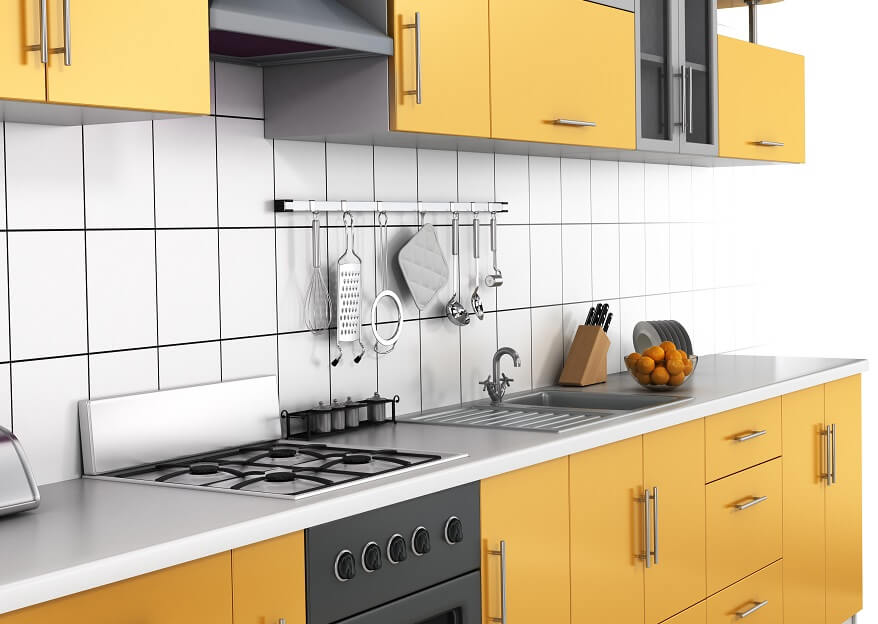
Another material that is gaining popularity for budget-conscious homeowners is concrete. Concrete countertops can be poured in place or pre-cast and offer a modern, industrial look. They can be tinted in a variety of colors, polished to a smooth finish, or textured for added interest. Concrete is durable and heat-resistant, but it does require sealing to prevent stains and cracks. The cost of concrete countertops can vary depending on whether you hire a professional or do it yourself, but it is generally more affordable than natural stone.
If you’re looking for a natural stone look without the high price tag, consider engineered stone, also known as quartz countertops. While quartz can be expensive, there are budget-friendly versions available that offer the same benefits. Engineered stone is made from a combination of natural quartz and resin, which makes it non-porous, resistant to stains, and easy to maintain. It’s available in a variety of colors and patterns that mimic the appearance of granite or marble. Although it is more expensive than laminate or tile, engineered stone is still a cost-effective alternative to natural stone.
Recycled materials are another option for those looking to create an eco-friendly and inexpensive kitchen countertop. Recycled glass, paper, and even aluminum can be used to create unique, durable surfaces. For example, recycled glass countertops are made by embedding pieces of glass in a cement or resin base. These countertops are not only environmentally friendly but also offer a distinctive, one-of-a-kind appearance. The cost of recycled materials can vary, but they are often comparable to other budget-friendly options.
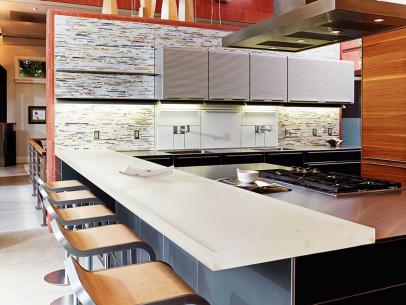
Solid surface countertops, such as Corian, are another mid-range option that offers a seamless, non-porous surface. While not as inexpensive as laminate or tile, solid surface countertops are still more affordable than natural stone. They are available in a variety of colors and patterns and can be easily repaired if scratched or damaged. The ability to create an integrated sink with a solid surface countertop adds to its appeal for a sleek, modern kitchen design.
If you’re on a tight budget, consider painting your existing countertops as a temporary or transitional solution. Specialty countertop paints are available that can give your old countertops a fresh new look for a fraction of the cost of replacement. These paints are designed to adhere to surfaces like laminate, tile, or even wood and can mimic the look of granite, marble, or solid colors. While painted countertops may not be as durable as new ones, they can be a great option for a quick and inexpensive kitchen update.
Another cost-effective approach is to use a countertop overlay. Overlays are thin sheets of material, such as granite or quartz, that are custom-cut to fit over your existing countertops. This method allows you to achieve the look of a new countertop without the expense and hassle of removing the old one. Overlays are generally less expensive than full countertop replacements and can be installed quickly, often in just a day or two.
For those who prefer a more natural or organic feel in their kitchen, bamboo countertops are an affordable and eco-friendly option. Bamboo is a rapidly renewable resource, making it a sustainable choice for environmentally conscious homeowners. Bamboo countertops are lightweight, durable, and have a unique grain pattern that adds visual interest to the kitchen. However, like butcher blocks, bamboo requires regular maintenance to prevent moisture damage and maintain its appearance.
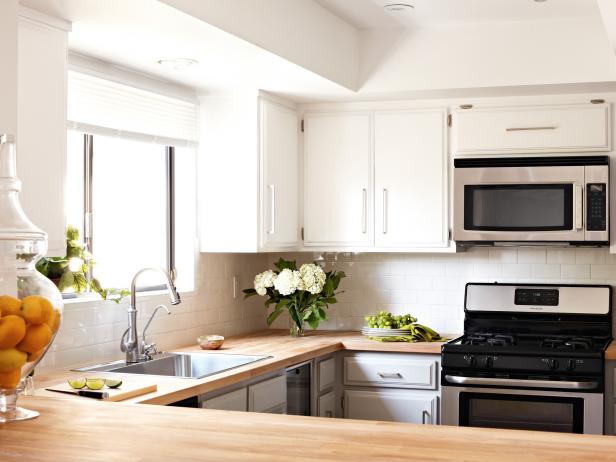
If you’re willing to put in some work, consider a DIY concrete countertop kit. These kits provide all the materials and instructions needed to create your own concrete countertop, offering significant savings compared to hiring a professional. While this option requires time and effort, it allows you to customize the color and finish of your countertop to suit your style. Concrete kits are available at most home improvement stores and are a popular choice for those looking to achieve a high-end look on a budget.
For a truly unique and artistic countertop, consider using epoxy resin. Epoxy countertops are made by pouring a liquid resin over a base material, such as wood, laminate, or even concrete, creating a glossy, durable surface. You can add pigments, metallic powders, or other decorative elements to the resin to create a custom design. Epoxy countertops are resistant to stains, heat, and scratches, making them a practical and inexpensive option for the kitchen. While the process can be messy, the result is a stunning, one-of-a-kind countertop that is sure to impress.
Plywood is another unconventional yet inexpensive material that can be used for kitchen countertops. While it may not be as durable as other options, plywood can be sealed and painted to create a smooth, attractive surface. This option is particularly appealing for those who enjoy a minimalist or industrial aesthetic. Plywood countertops can be easily replaced or upgraded in the future, making them a good choice for temporary or transitional kitchens.
Finally, consider repurposing materials from other areas of your home or from salvage yards. Old doors, wood planks, or even metal sheets can be transformed into unique and inexpensive countertops. This approach not only saves money but also adds character and a sense of history to your kitchen. Repurposing materials requires creativity and a bit of DIY know-how, but the result is a one-of-a-kind countertop that reflects your personal style.
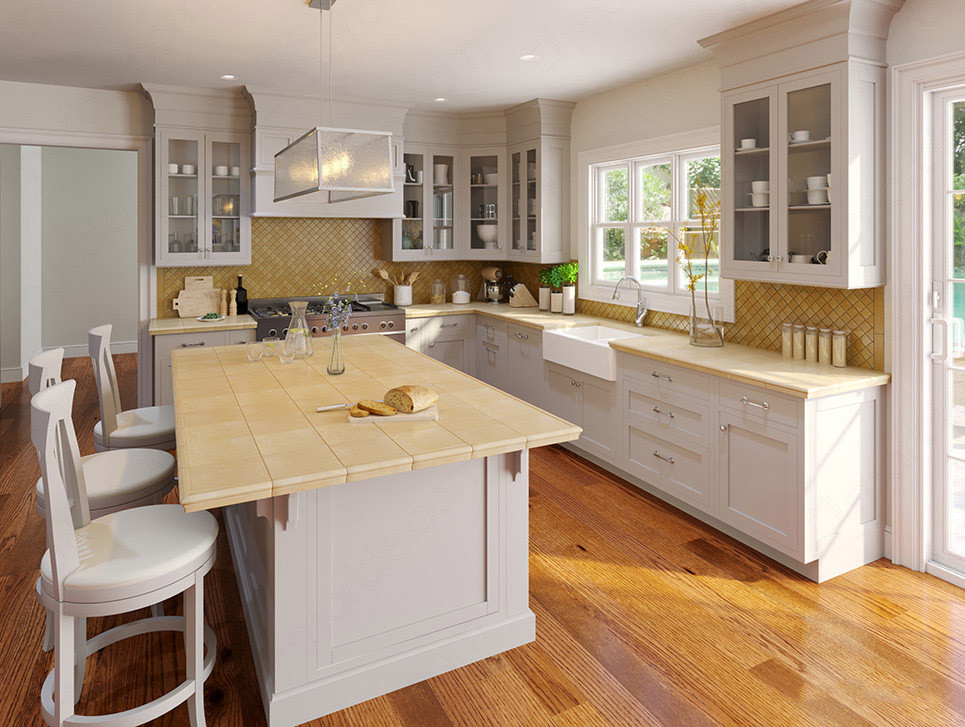
Common Mistakes to Avoid:
When choosing an inexpensive kitchen countertop, one common mistake is overlooking the maintenance requirements of certain materials. For example, while butcher block and bamboo countertops are affordable and attractive, they require regular oiling and prompt cleaning to prevent damage. Failing to maintain these materials can lead to cracking, staining, or other issues that may shorten the lifespan of the countertop.
Another mistake is underestimating the importance of proper installation. Even the most durable and high-quality materials can fail if not installed correctly. DIY installations can save money, but they also require a certain level of skill and attention to detail. Rushing through the installation process or not following instructions carefully can result in uneven surfaces, gaps, or other problems that may require costly repairs down the line.
Additionally, choosing a countertop material based solely on price without considering its suitability for your kitchen’s needs can lead to dissatisfaction. For instance, while laminate is inexpensive, it may not be the best choice for a kitchen where hot pots and pans are frequently placed on the countertop. It’s important to balance cost with functionality and aesthetics to ensure you’re happy with your choice in the long run.
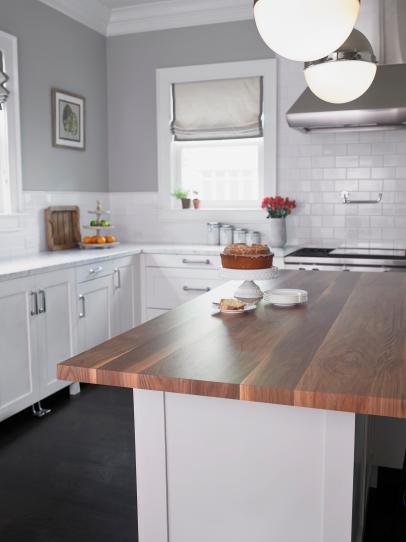
What is the most durable inexpensive countertop material? Laminate is one of the most durable and affordable countertop materials. It resists stains and scratches, making it ideal for busy kitchens. While not heat-resistant, its durability in other areas, combined with its low cost, makes it a popular choice for those on a budget.
Can I install inexpensive countertops myself? Yes, many inexpensive countertop materials, such as laminate, tile, and even concrete, can be installed as DIY projects. However, it’s important to have the right tools, follow instructions carefully, and take your time to ensure a professional-looking result. DIY installation can significantly reduce costs but requires a certain level of skill.
How do I maintain butcher block countertops? Butcher block countertops require regular maintenance, including oiling to prevent drying and cracking. It’s also important to clean up spills immediately to prevent stains and avoid placing hot items directly on the surface. With proper care, butcher block countertops can last for many years.
Are recycled materials good for kitchen countertops? Yes, recycled materials, such as recycled glass or paper, can be excellent for kitchen countertops. They are eco-friendly, durable, and available in unique designs that add character to your kitchen. While they may not be the cheapest option, they offer a good balance of cost, sustainability, and aesthetics.
Can I paint my existing countertops to save money? Painting existing countertops is an inexpensive way to refresh your kitchen without replacing them. Specialty countertop paints are available that can mimic the look of stone or solid colors. While painted countertops may not be as durable as new ones, they are a cost-effective solution for a quick update.
What is a countertop overlay, and is it a good option? A countertop overlay is a thin sheet of material, such as granite or quartz, that is custom cut to fit over your existing countertops. It’s a less expensive alternative to full replacement and can be installed quickly, offering a fresh look without the hassle of removing the old countertop. This option is ideal for those looking to save money while achieving a high-end appearance
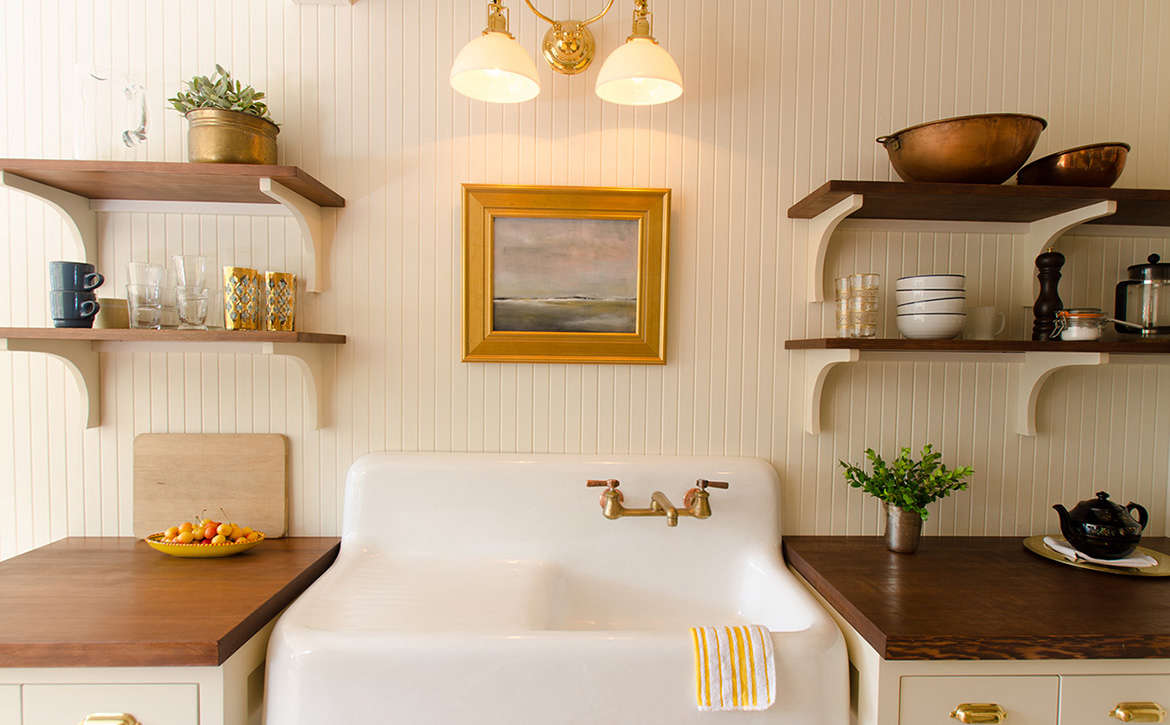
Related articles: